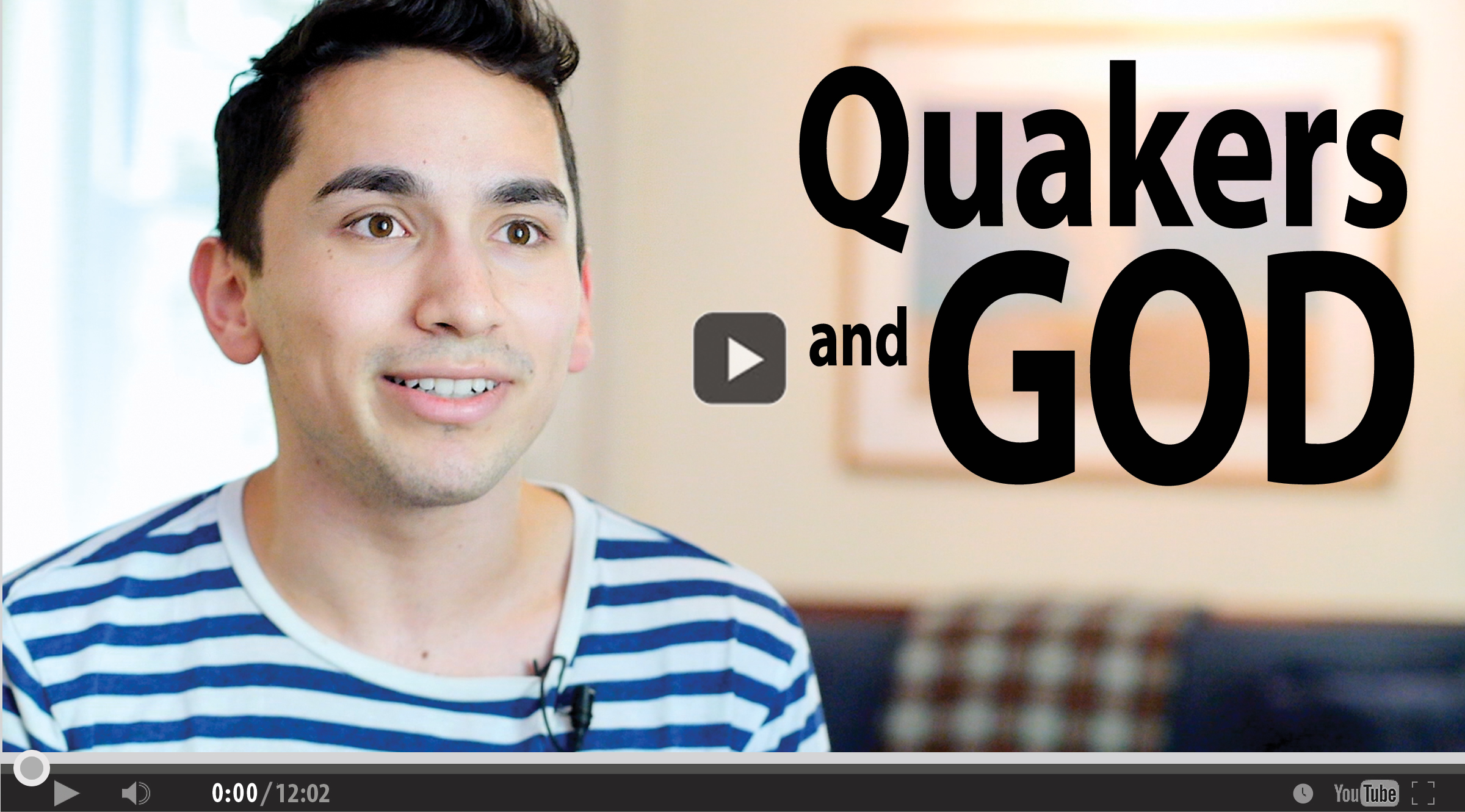Daniel Richards and I are both Friends. We’d intended to marry in Reno (Nev.) Meeting eight years ago. We asked for, and received, clearness committees for marriage from both Dan’s meeting, Reno, and mine, Berkeley (Calif.) Meeting. In our meetings with these committees, it became clear to us that I had serious reservations about making our partnership a legal marriage. My reservations were based on experiences in my prior marriage, which ended with my husband’s prolonged illness and death. Dan and I decided that our partnership needed to be one of mutual commitment without legal endorsement. Could we celebrate our partnership in the manner of Friends without the legal formality of marriage?
Reno Meeting was not comfortable holding such a celebration. Berkeley Meeting might have held such for us but our increasing chemical sensitivity, especially to fragrance, laundry, and body care products made it likely that if held, we couldn’t attend! Berkeley’s urban setting was a further limiting factor. Thus, by strict definition, Dan and I don’t have a Quaker marriage. Also, due to our inability to meet in settled areas with groups of people, we don’t have the close physical ties with our monthly, quarterly, and yearly meetings that we once had. How, then, can spiritual responsibility as seemingly described by Paul, or Quaker marriage apply to us and to others in similar situations? There are other Friends who have committed partnerships without legal marriages for reasons different from ours. Also, in today’s mobile population, many, like us, live some distance from Friends meetings. To understand my strong identification with Paul’s statement, I was inspired to work it backwards: from the fruit to the root. Here is what I discovered: If love is the result of continuing revelation, and continuing revelation is the result of our ability to be responsive to Spirit (spiritual responsibility), then relationships of enduring, growing love are the flowering of Spirit/God’s planting.
Spirit/God is the source of all true love. As we come into alignment with Spirit/God’s purpose for us, our relationships manifest deepening, enduring love. Can there be a greater purpose for us, or one more needed in our human relationships, than to manifest Spirit/God’s love?
Looking at the structure provided by Friends meetings, I see that our meetings are potential supportive contexts for our continued growth, together, in spiritual responsibility. This need for supportive structures is also identified by Paul. These structures, of Friends and others, are only as successful in their promise as the people using them. When we see clearly our path to develop true relationships with each other, whether in committed partnerships or in group settings such as our Friends meetings, we can begin to develop this promise. I see that it is this potential that has led visionaries through the ages to create such structural support.



